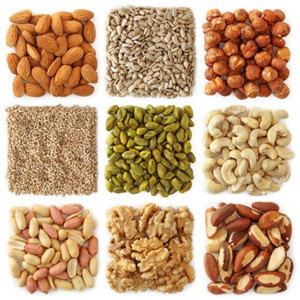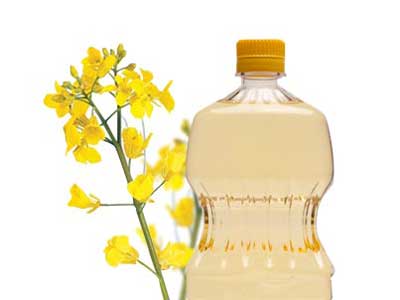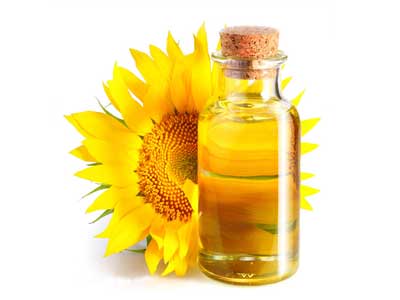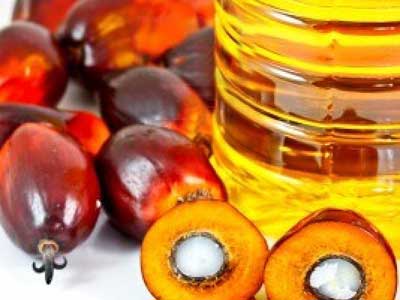1-5T/D Edible Oil Refinery Plant
1-5T/D Edible Oil Refining Plant Introduction
This 1-5T/D edible oil refining plant is suitable for most small-scale edible oil production. It can refine various kinds of oil, such as peanut oil, sesame oil, soybean oil, rapeseeds oil, sunflower oil, cotton seeds oil, palm kernel oil, flax seeds oil, camellia oil, hemp seeds oil, castor seeds oil, mustard seeds oil, etc. The whole refining process takes around 24 hours.

Features of 1-5T/D Edible Oil Refining Plant
1. Lightweight, low energy consumption.
2. No need for special workshop and foundation, suitable for both indoor and outdoor use.
3. The complete oil refining plant can work independently or together with whole oil production line.
4. The capacity can be customized.
5. We provide two engineers after your receipt of equipment for on-site installation, debugging and training.
1-5T/D Edible Oil Refining Equipment
* Refining Tank, Bleaching Tank, Stainless Steel Deodorizing Tank
* Heat conduction furnace: provide the heat required for oil heating and steam distillation.
* Vacuum pump: provide high pressure for bleaching, deodorization.
* Air compressor: dry the bleached clay after bleaching.
* Oil filter: filter the clay in the bleached oil.
* Steam generator: produce steam for the deodorizing process.
The process of 1-5T/D Edible Oil Refining

1. Degumming
* Purpose: to remove gums, which affect the stability of oil and process efficiency of oil refining and deep processing.
* Pretreatment: the crude oil is filtered by plate oil filter before degumming so that to reduce the content of mechanical impurities, and further avoid emulsification or too much neutral oil contained in feet.
* Method: hydration by adding hot water(accompanied with stirring), heating, drying, and cooling. Nonhydratable phosphatides can turn hydratable by adding citric acid or phosphoric acid.
* Impurities removed: mainly phosphatides, meanwhile, protein, glycosyl diglyceride, mucus and trace metal ions are also removed by adsorbed on phosphatides.
* Byproduct: hydrated oil foot, can be dried in lecithin, used for food additives and feed additives.
2. Neutralizing

* Purpose: to remove free fatty acids(FFA), which affect the flavor and stability of the oil, meanwhile increasing the solubility of gums.
* Method: degummed oil is mixed with a caustic solution(NaOH)(accompanied with stirring), the reaction between NaOH and free fatty acids forms soapstocks, which settle down and get removed. Then the oil is heated, washed with hot water for 2-3 times till the waste water is clean, then dried.
* Impurities Removed: mainly free fatty acids, part of impurities, including pigments, protein, phosphatides and solid impurities, are also removed by adsorption on soapstocks.
* Byproduct: soapstock can be used for the manufacture of soaps and biodiesel, added in livestock feed, or treated for the fatty acids it contains.

3. Bleaching
* Purpose: to remove pigments, which affect the color, quality, and stability of the oil, as well as food safety and the effect of deep processing.
* Method: neutralized oil is pumped into the bleaching tank, with stirring, first heated and dried, and then mixed with bleaching earth. Finally, the oil is pressed into the oil filter by the air compressor to remove the bleaching earth.
* Impurities Removed: mainly pigments, besides, peroxide, trace metals, phosphatides, soaps, PAHs and residual pesticide are also removed.
4. Deodorizing

* Purpose: to remove odor substances (mainly FFA) that are naturally present in the oil or created during processing. After deodorizing, the smoke point of oil is increased, the color, flavor, quality, and stability are improved.
* Method: The bleached oil is pumped into the deodorzing tank, subject to steam distillation under high temperature and high vacuum, and then the oil is cooled and stored.
* Impurities Removed: odor substances, as well as peroxide and its decomposition product, some thermosensitive pigments, the volatile decomposition product of protein in musty oilseeds, small molecular weight PAHs and residue pesticide.



